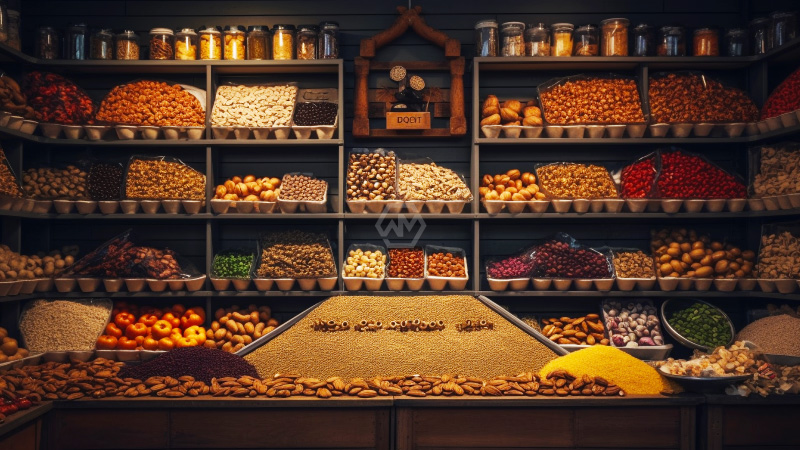The price of main grains and vegetable oils decreased, according to the Food and Agriculture Organisation of the United Nations (FAO), which reported a drop in global food commodity prices in June.
The “FAO Food Price Index” had an average of 122.3 points, which was down from May’s value by 1.4% and from its top in March 2022 by 23.4 %.
International food commodities
Due to a rise in maize supplies and better output predictions in the US, the cereal price index dropped by 2.1 percent from May while coarse grain quotations globally fell by 3.4 percent.
Due to Northern Hemisphere harvests and better circumstances in the US, wheat prices fell by 1.3 percent internationally. Due to weak demand for non-Indica types and Pakistan’s attempts to boost export sales, rice prices globally decreased by 1.2 percent.
- FAO reports reduced grain and vegetable oil prices in June.
- US maize supply boost leads to cereal price drop.
- June dairy price index drops 0.8 percent due to reduced cheese costs.
The FAO’s vegetable oil price index fell by 2.4 percent in comparison to May, as reduced prices for palm and sunflower oils more than offset rises in soy and rapeseed oil quotations.
June saw a 0.8 percent drop in the dairy price index, primarily due to reduced cheese costs abroad. The sugar price index fell by 3.2 percent as a result of Brazil’s sugarcane harvests making significant progress and weak import demand worldwide, especially from China.
According to the FAO’s prediction, world grain production will reach a record high in 2023, with wheat production reaching 783.3 million tonnes.
The production of coarse grains will increase by 2.9 percent from 2022 to 1,512 million tonnes, and the production of rice will increase by 1.2 percent to 523.7 million tonnes from the decreased level for 2022–23.
With a 30.6 percent worldwide cereal stocks-to-use ratio, the FAO’s prediction for cereal stockpiles at the end of the 2023–2024 growing seasons is likewise 2.3 percent higher.



